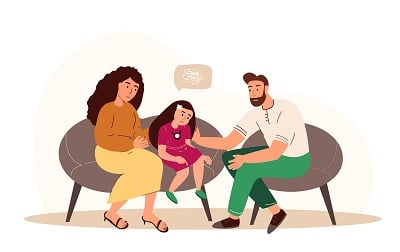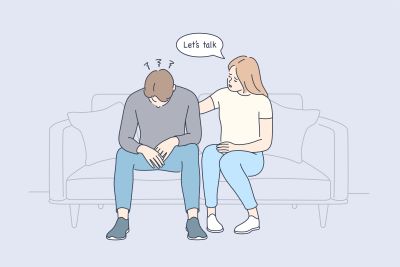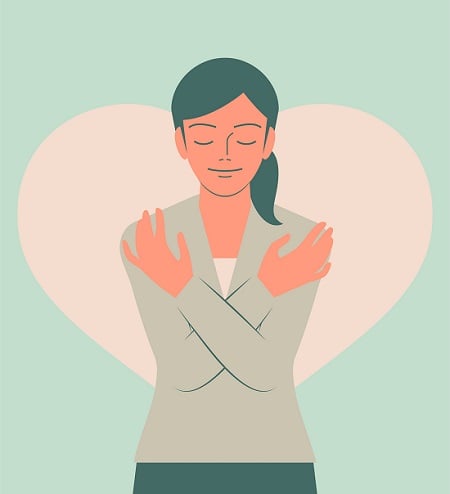
June 4, 2024
Maya Massing-Schaffer, PhD
and
Daniel Stone, PhD
and
The InStride Health team discusses the importance of taking a systems-based approach to care, identify common challenges, and offes practical solutions. They also provide recommendations for how caregivers can facilitate “surround sound” for their child when working with the various adults in their child’s system.
Conversations with Ken Goodman LCSW: Hannah Interview About Emetophobia
Ken Goodman and Hannah sit down to discuss emetophobia, what it's like to have a fear of vomiting and strategies to overcome it. Watch the full conversation to learn more about the fear of vomit and find support from others.

March 6, 2024
Sarah Olivo, PhD
and
Michael Detweiler, PhD
and
Join ADAA and Lumate Health March 6 for an insightful free, live Q&A public webinar for students and parents. It can be exciting to get a college packing list. And yes, picking out dorm decorations is fun, but those new Twin XL sheets aren't going to help manage the highs and lows that come with the transition to college.

November 21, 2023
Cheryl King, PhD
and
This presentation (sponsored by ADAA's Suicide and Self-Injury Special Interest Group) reviews converging empirical evidence arguing for the importance of belongingness and connectedness to youth suicide risk and prevention.








